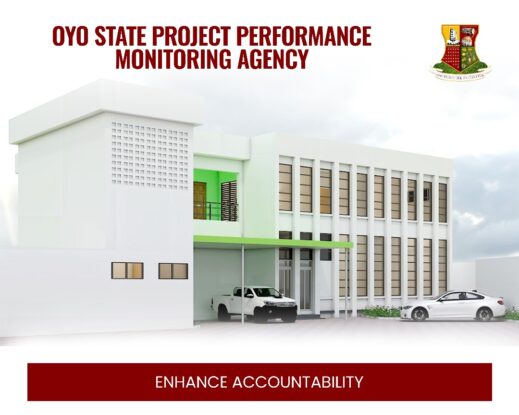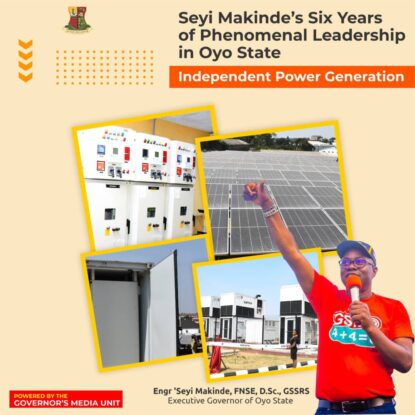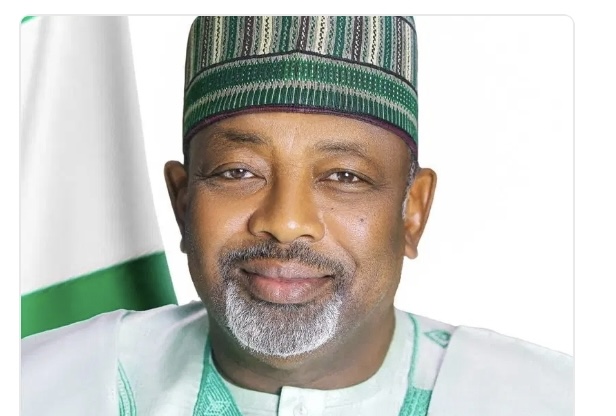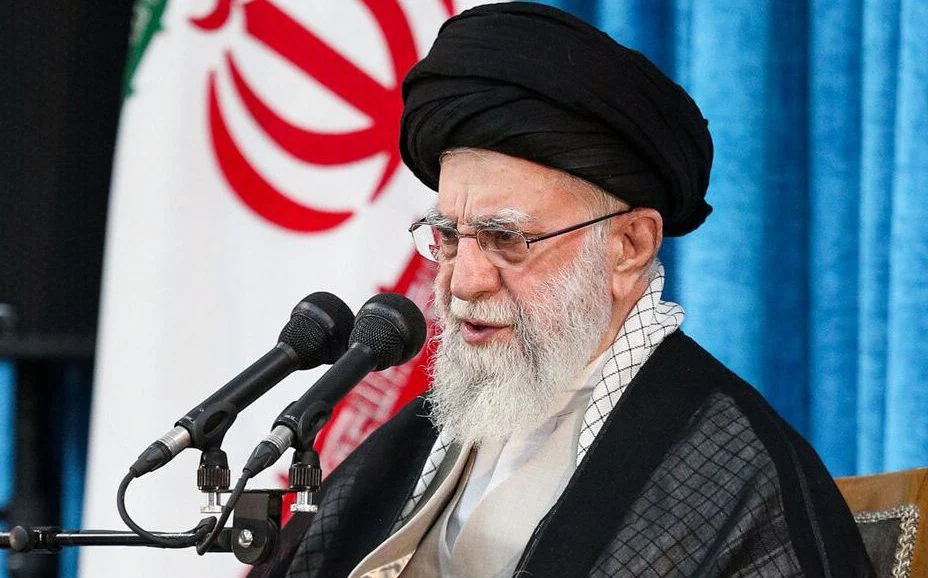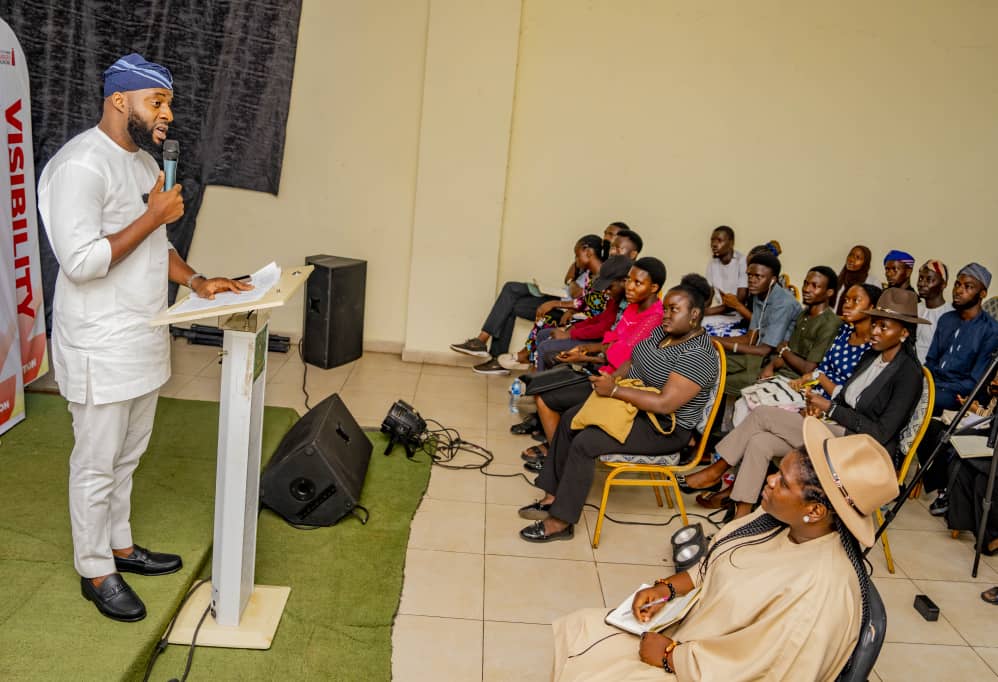$84 Billion Saved From Petrol Subsidy, Now Financing 40 Key Roads
The Federal Government has revealed that the elimination of the petrol subsidy under President Bola Tinubu has resulted in savings of over $84 billion, which are now being channelled into the construction and rehabilitation of 40 key road projects across the country over the past two years.
This was disclosed in a policy brief released by the National Orientation Agency (NOA), titled “Two Years Later: Key Benefits of Subsidy Removal,” and made available to journalists over the weekend in Abuja.
The report, which reviewed the outcomes of the subsidy removal since May 29, 2023, noted that the policy averted a looming economic crisis.
It[b] also enabled the Tinubu administration to clear long-standing financial liabilities, increase capital investments, and support the financial stability of state governments.
The report noted that for decades—especially since the return to democratic rule—the oil subsidy regime posed a major challenge for the Federal Government.
Efforts by successive administrations to address the issue repeatedly failed, even as the economy continued to suffer significant losses. By 2015, public sentiment had shifted, with many Nigerians agreeing that the subsidy system had outlived its usefulness.
This became even more evident when the subsidy bill surged by 700 per cent in 2022, reaching an unprecedented N4 trillion.
From 2005 to 2022, successive governments spent a total of $84.39 billion on petrol subsidies.
These payments consumed more than 70 per cent of the Federal Government’s potential revenue, pushing the nation toward financial instability.
However, the report emphasised that with the decisive move to eliminate the subsidy, Nigeria is now saving billions and redirecting funds into tangible infrastructure development.
These efforts contributed to reducing the debt service-to-revenue ratio from 97 per cent in 2023 to 68 per cent in 2024.
Part of the recovered funds is being channeled into infrastructure on an unprecedented scale.
For the first time in decades, capital expenditure in the national budget exceeds recurrent spending.
The 2025 Appropriation Act allocates N23.96 trillion to capital projects, N10 trillion more than the N13.64 trillion earmarked for recurrent expenses.
To drive key infrastructure projects, the government has also launched the Renewed Hope Infrastructure Development Fund, seeded with N20 trillion.
The fund will support flagship initiatives such as the Lagos-Calabar Coastal Highway, the East-West Road, the Mambilla Hydropower Project, the Enugu-Abakaliki-Ogoja Highway, the Sokoto-Badagry Super Highway, and the Eastern Rail Corridor.
The report emphasised this shift, noting that previous administrations typically devoted 70 per cent of their annual budgets to recurrent costs, leaving just 30 per cent for capital development.
In contrast, the Tinubu administration has reversed that trend, with capital spending now taking the lead.
The impact of these investments is already visible, the agency noted, with 40 road projects being commissioned across the country in celebration of President Tinubu’s second year in office.
Beyond infrastructure, the subsidy savings are being used to support key sectors including education, housing, healthcare, digital innovation, and the solid minerals industry.
The government has established the Nigerian Education Loan Fund, which has been allocated over N203 billion to provide interest-free loans to students in tertiary institutions.
It has also expanded the use of compressed natural gas (CNG) as a cleaner and more affordable alternative to petrol, aimed at reducing transport costs.
While the government continues to emphasise the long-term benefits of ending fuel subsidies, critics argue that the policy has worsened inflation and increased hardship for many Nigerians.
Nevertheless, the NOA defended the reforms, describing them as essential for economic recovery and long-term development.
It likened the short-term hardship to the pain of childbirth, saying that while the process may be difficult, Nigerians are already beginning to experience the benefits.

